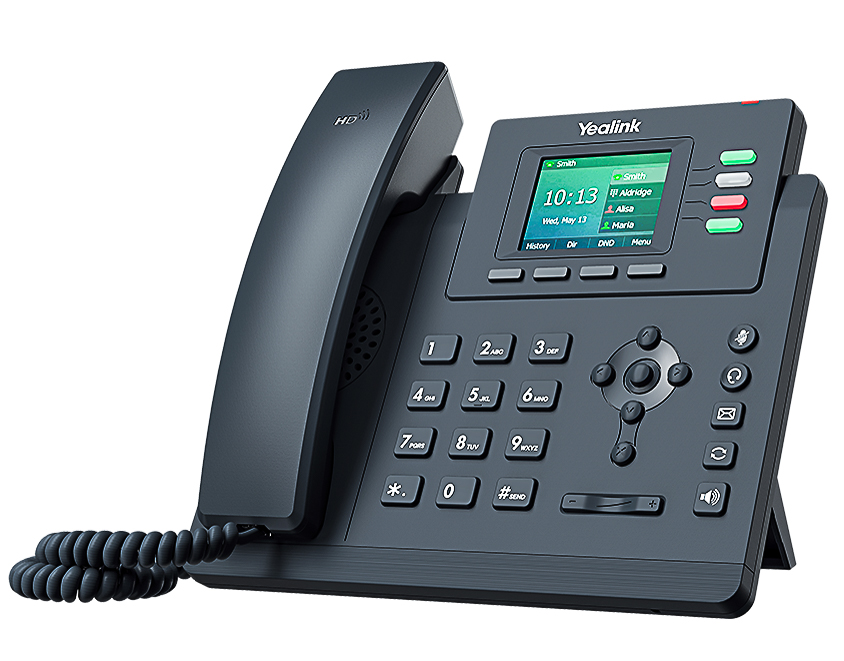How IP Phones can benefit your business? Leave a comment
IP phones are gaining more and more popularity every day among companies. But what are the reasons why organizations have decided to switch from regular public network telephony to this technology? This is largely because it provides more efficient and stable communication. Below, you will learn all about IP telephony.
What is IP telephony?
IP telephony is a variant of the regular telephone communication system that adopts Internet technologies to generate communication. In other words, it uses Internet protocols through a virtual connection it transmit data and voice.
Main characteristics
The first feature of this type of telephony is that it works by digitizing data to provide more versatile, stable and dynamic communications. Other features are:
- Can work with a wide range of devices. This concept refers to the use of telephone, SMS messaging, fax, e-mail and related applications.
- Uses digital media. It requires a 4G connection or a wireless network to function. It can be carried out through computers, tablets or cell phones that have this kind of connection.
- Incorporates various functions. Integrates call transfer, retrieval, recording and tracking using the internet.
When looking for information about this type of telephony, we can notice that reference is made to the concept of VoIP, or Voice over Internet Protocol. The two concepts should not be confused, although they are sometimes referred to as one and the same. VoIP refers to the IP telephony environment, i.e., devices, regulations and protocols, while the one that concerns us refers to the technology.
IP telephony as a solution for businesses
Due to its many advantages over traditional telephony, companies have begun to choose its virtual counterpart. This incorporation is presented as a solution to multiple logistical problems of an organization.
Benefits of incorporating IP telephony into businesses
Beyond the speed of connections, call tracking, and the option to integrate databases, virtual telephony contributes directly in:
- Cost reduction. As providers operate over a single Internet network, the cost reduction in maintenance and installation is significant.
- Improved productivity. In many cases, the connection with customers can be automated, thus increasing productivity while improving customer service.
- Maximum mobility. Connections can be made easily from anywhere in the world.
- Increased security. The privacy of calls is guaranteed thanks to authentication and data protection technologies.
Differences with traditional telephony
The main difference is how data transmission is carried out. Regular telephony uses copper networks, while IP telephony does not require a physical line or a specific address.
In addition, we can have more than one conversation at a time by using different devices connected via IP phones and applications. The traditional line only accepts the connection between common telephone equipment.
At the same time, virtual telephony works through a virtual PBX, where calls are received and distributed through different channels. These can be instant messaging, mail and even transcription of audio messages.


